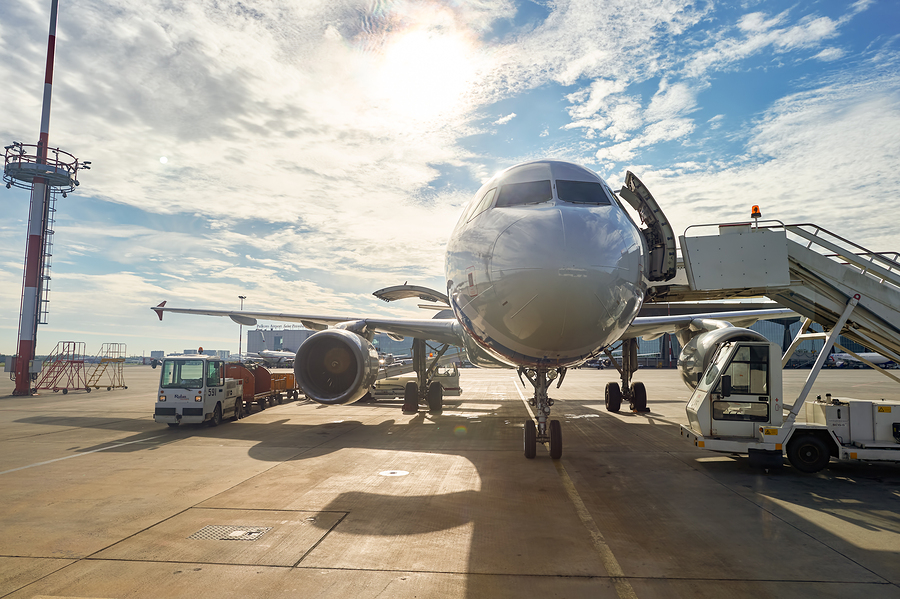Research recently published in the journal Environmental Health found that hundreds of pilots currently flying commercial planes may be clinically depressed. Even worse still, researchers found that many of them may not seek treatment due to fears of negative career consequences (like being grounded).
“Nearly 1,850 pilots participated in the anonymous, web-based survey conducted between April and December 2015 and led by Joseph Allen, senior author and an assistant professor of exposure assessment science at Harvard Chan School.
The new study comes just a year and a half after a depressed Germanwings co-pilot killed 150 people when he deliberately crashed a plane into the French Alps.”
- 233 pilots — or 12.6% — met the criteria for likely depression.
- Of 1,430 pilots who had worked within the past seven days, 193 — or 13.5% — met the criteria for depression.
- Overall, 75 pilots (4.1%) reported having suicidal thoughts within the previous two weeks.
- Depression was more likely among pilots who were victims of sexual harassment (36.4% among those experiencing harassment four or more times in the past week) or verbal harassment (42.9% among those experiencing harassment four or more times in the past week).
- Pilots who used (higher levels) sleep aid medication also were more likely to be depressed.
Source: CNN












